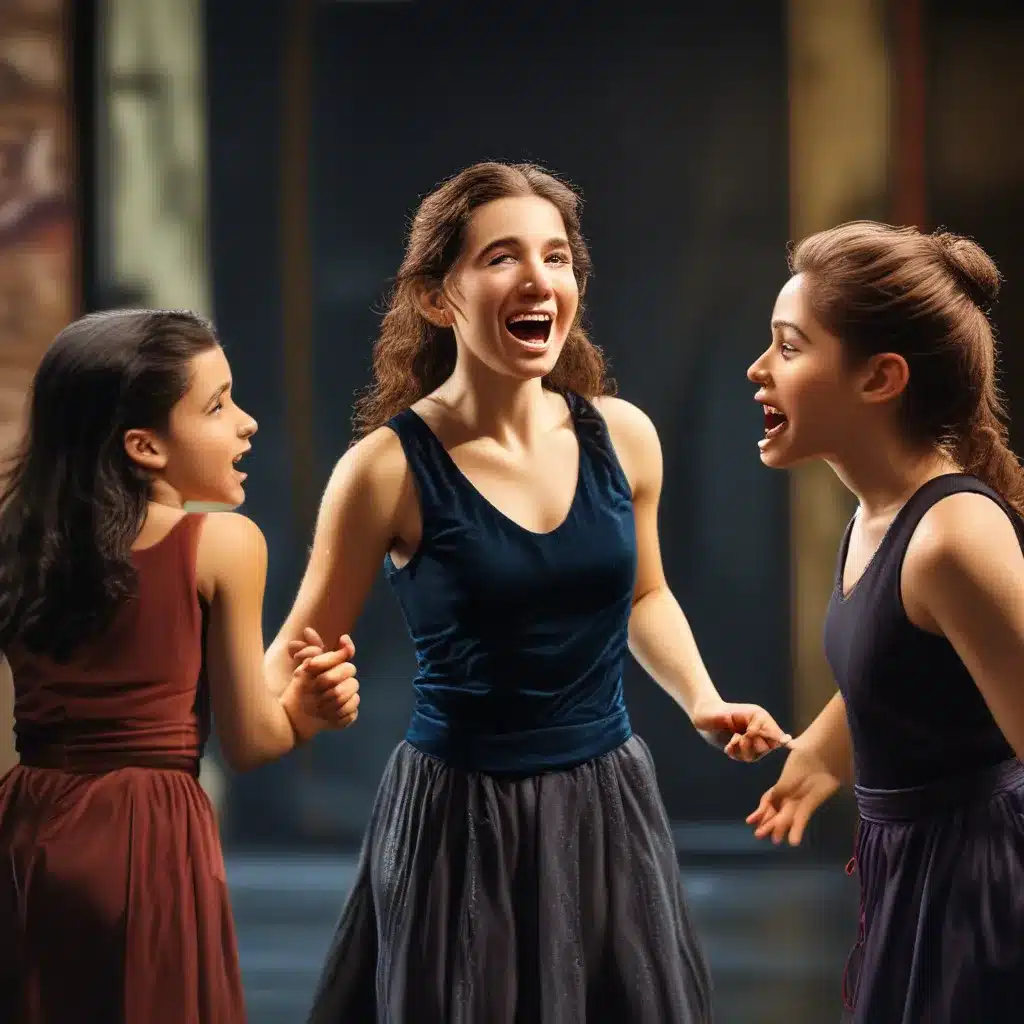
Channeling Childhood Memories: The Sauce of Creativity
As a writer, I’ve been privileged to walk through countless life stories, each as unique as the person living it. But you know what they say – the credit balance of a writer is their childhood. And let me tell you, my childhood was a veritable roller coaster ride, full of sunshine moments and stormy episodes that have become the main event in my creative journey.
Growing up in Singapore and traipsing across Europe, I was surrounded by adventures, the kind of troubles only a kid could understand, and a boundless excitement for what the next day would bring. But then, life did a 180. Our comfortable existence was replaced by a much tighter budget, and the warmth of a cozy room or the joy of a delicious dinner was no longer a given. And those knocks on the door? Well, they weren’t always from friends.
But you know what they say, “When life gives you lemons, make lemonade.” And that’s exactly what I did. Every up and down, every twist and turn, became a story waiting to be told. This zest for capturing life’s roller coaster in words – that’s what gives my writing its flavor. It’s the backbone of my journey as a writer, a story of finding humor in the little things, digging deep during the rough patches, and always staying hopeful.
Unlocking the Secrets of Character Development
Now, you might be wondering, “What does all this have to do with musical theater character development?” Well, my friend, it has everything to do with it. After all, the best characters in musical theater are the ones that feel alive, that jump off the stage and into our hearts. And where do you think those characters come from? That’s right, the credit balance of the writer – our childhood memories.
As Graham Greene so eloquently put it, “Childhood is the credit balance of the writer.” And when it comes to character development for the musical theater stage, that couldn’t be more true.
Think about it – the rich tapestry of emotions, the quirky personality traits, the relatable struggles – all of that comes from the well of our own experiences. The joy of discovery, the pain of heartbreak, the hilarity of everyday mishaps – these are the ingredients that breathe life into our characters.
Tapping into the Emotional Wellspring
But it’s not just about pulling from our own memories, is it? No, the true magic happens when we can tap into the universal human experience and create characters that resonate with audiences on a deep, emotional level.
Take the classic musical “West Side Story,” for example. At its core, it’s a story of star-crossed love, a tale as old as time. But what makes it so powerful, so enduring, is the way the creators were able to tap into the timeless themes of belonging, prejudice, and the search for identity. These are the kinds of themes that captivate audiences at musical theater centers like the one you’re reading this article on – the ones that make us feel seen, understood, and connected to something greater than ourselves.
And it’s not just the big, sweeping themes that matter. It’s the little details, the idiosyncrasies, the quirks that make a character truly memorable. Think about the neurotic yet lovable Leo Bloom from “The Producers” or the sassy, world-weary Madame Thenardier from “Les Misérables.” These characters aren’t just plot devices – they’re living, breathing people that we can’t help but root for (or against) because they feel so utterly real.
Mastering the Art of Transformation
Of course, bringing these characters to life on the stage is no easy feat. It takes a special kind of performer, one who can not only sing and dance their hearts out, but also fully inhabit the character and transform themselves in the process.
Think about the greats – Patti LuPone as Evita, Bernadette Peters as Dot in “Sunday in the Park with George,” Audra McDonald as Billie Holiday in “Lady Day at Emerson’s Bar & Grill.” These are performers who don’t just play a role, they become the character, infusing every word, every gesture, every emotional beat with a raw, authentic power that leaves us in awe.
| Characteristic | Mastering Character Development |
|---|---|
| Emotional Depth | Tapping into personal experiences and universal themes to create nuanced, multi-dimensional characters |
| Physicality | Embodying the character’s movements, mannerisms, and vocal qualities to bring them to life on stage |
| Transformation | Fully immersing oneself in the character, transcending the performer’s own identity to become the role |
And that’s the real secret, isn’t it? It’s not just about memorizing lines or nailing the choreography – it’s about tapping into that well of emotion, that reservoir of human experience, and using it to breathe life into the characters we bring to the stage.
Embracing the Journey of Character Development
So, if you’re an aspiring musical theater performer, or even a seasoned pro, remember this: the key to unlocking the secrets of character development lies in your own personal experiences, your own unique way of seeing the world. It’s about embracing the highs and the lows, the laughter and the tears, and using that raw, unfiltered humanity to create characters that will captivate audiences for generations to come.
And who knows, maybe along the way, you’ll discover a few other secrets to success in the world of musical theater – from mastering the art of improvisation to creating stunning set designs. The journey is half the fun, my friends, so embrace it with all your heart and soul. After all, as the old saying goes, “The credit balance of the writer is their childhood” – and in the world of musical theater, that couldn’t be more true.

